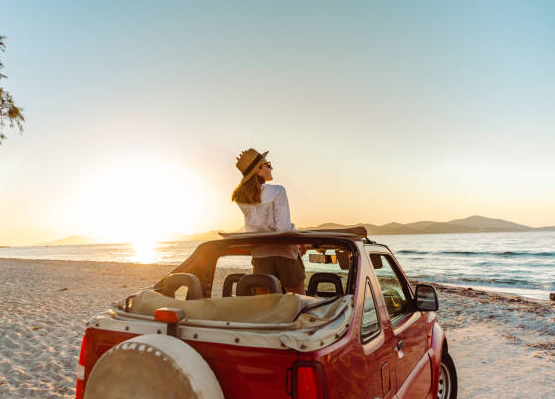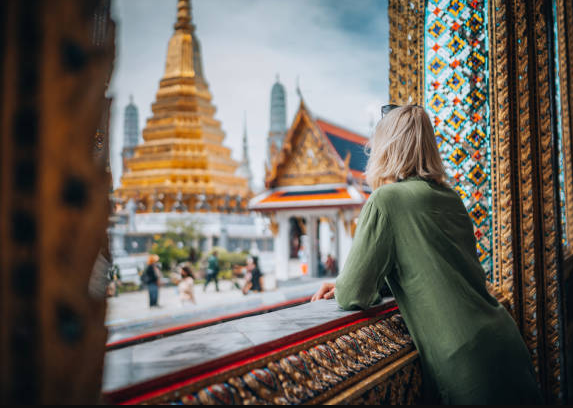Tips for Avoiding the Pitfalls of Traveling Alone

Best Restaurants near Paris Tourist Attractions
September 16, 2024
Make San Diego Your Next Vacation Destination!
September 23, 2024Bookings for solo travel have almost doubled since the pandemic began –14%of travelers plan to travel solo in 2019, but now 23% plan to venture alone. Despite the surge in the number of people wanting to experience the world on their own, there are still some hurdles that discourage some travelers.
Personal safety remains the number one barrier for solo travelers, especially women, to feel unable to vacation alone. To keep them safe, one of the most important things to do when traveling alone is to share your real-time location with others and update friends and family on your trip. There are tons of cell phone apps designed to keep you safe by sharing your location in real-time with friends and loved ones. Solo travelers should also take the time to make contingency plans, know the locations of local hospitals and police stations, and remember emergency numbers for each country.
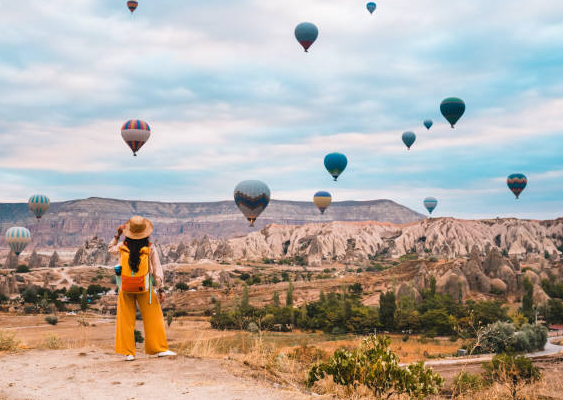
Janes Cole, founder of Panache Cruises, said:”Travelling alone often becomes the trip of a lifetime. It’s a freedom to enjoy all the different languages and landscapes in your own time without worrying about other people. ”
It’s all about getting out of your comfort zone and having the chance to meet new people around the world. You can quickly immerse yourself in the unique culture and travel wherever you want. Just the lessons and knowledge gained from exploring a new country can lead to once-in-a-lifetime experiences and paths of self-discovery.
However, traveling alone to an unknown place can also be disturbing without proper safety measures in place. That’s why the most important thing when going on vacation alone is to protect yourself first.
Protect yourself from tourism crime by researching local scams in each area and keep valuables nearby and out of sight.
Never tell a stranger that you are traveling alone, as this will put you in a vulnerable position. Before you go, make sure you have all the correct travel insurance documents in case of an emergency. The experiences and memories of traveling alone are indeed priceless, but it’s important not to forget that your safety always comes first.
Top 10 Safety Tips for Solo Travelers:
-
Tell people where you are
Be sure to let friends and family know about the tour before you set off and make sure to keep them informed of any changes to the itinerary. Stay in regular contact and turn on Live Location so someone in your family knows how to contact where you live.
-
Develop a contingency plan
Know the locations of local hospitals, police stations, and other useful locations in each city to prepare for emergencies. Learn key phrases like “I need help” or “call an ambulance” in your local language and emergency numbers.
-
Protect valuables
It is best not to carry anything with emotion, only the essentials such as credit cards, local currency, passports, and mobile phones. Always hide these items in a secure bag out of sight.
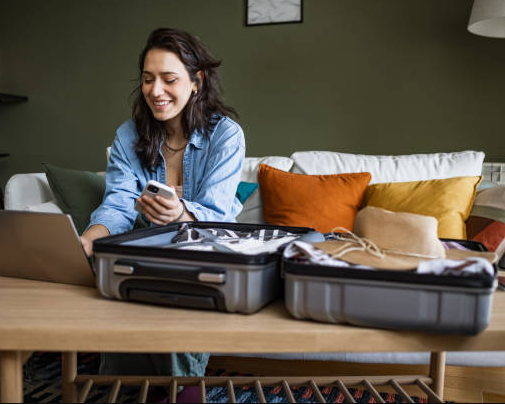
-
Protect yourself from crime
Solo travelers should research their destination ahead of time to avoid local crime and travel scams. Read travel guides, blogs, and news sites. Talk to others who have visited the area to understand the potential risks.
-
Book single occupancy
Booking shared accommodation, such as a hotel, is riskier than booking a single room. Many tour providers now offer smaller rooms or cabins for solo vacationers.
-
Choose your accommodation carefully
Check that the hotel or hostel is safe and close to public transport and restaurants. Travelers should also check the property’s check-in time to avoid waiting in an unknown environment.
-
Travel insurance
Travelers are advised to purchase travel insurance to protect themselves from unexpected events. Trip cancellation and interruption insurance can help cover losses caused by weather and natural disasters. Medical insurance can cover unexpected expenses, while baggage insurance can help cover losses caused by theft or delay.
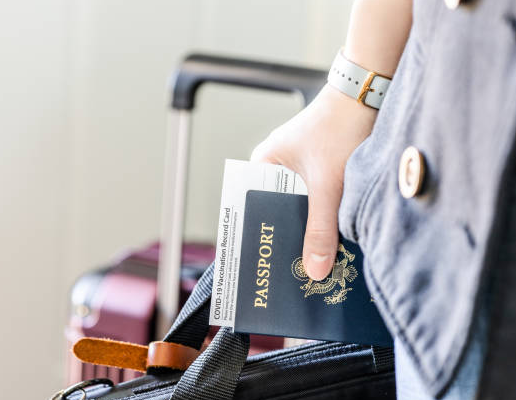
-
Learn the local language
We encourage visitors to learn the local language to enrich their travel experience and keep themselves safe, especially when visiting less popular tourist destinations. Use a translation application.
-
Respect the local culture
To reduce vulnerability and avoid attention, travelers should dress appropriately to respect the local culture. Some countries may require that hair be covered and not show too much skin.
-
Never tell strangers that you are traveling alone
Finally, solo travelers should never share too much information with strangers or risk becoming targets. Instead of telling people they’re traveling alone, let them know that friends are just waiting in the front or back hotel room.


